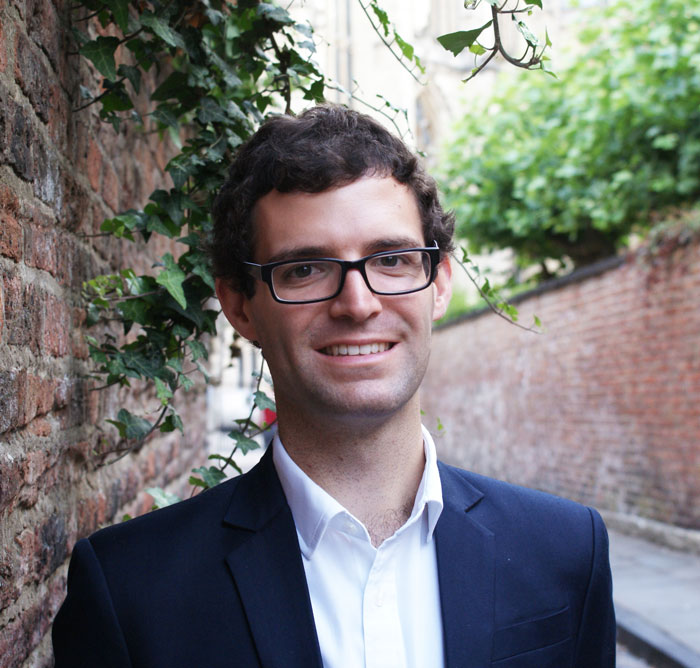
IT was good to hear the Chapter House Choir under Benjamin Morris back in their rightful home, where they started nearly 60 years ago.
The lively acoustic of the Chapter House itself is a double-edged sword, wonderful for lending warmth to certain types of music, but equally relying on a decisive beat and keenly attentive singers who respond to it immediately.
Neither requirement was much in evidence during the first half of this programme devoted to ‘Queen of Heaven’, the Virgin Mary, and criss-crossing between the 12th century and the present day.
With a choir of 34 voices stretched out in two lines right across the stage, cohesion was made even more difficult. Almost all the early attacks were woolly, a series of mini-crescendos as voices joined in after the beat. All this was a pity because the choir’s essential sound was attractive and balance between parts generally pleasing.
Each half of the evening began with plainsong by Hildegard and Pérotin, given from the back by small female groups. Thereafter we had six pairs of settings of the same text, mostly old versus new, with motets by Cecilia McDowall and John Tavener thrown in for contrast. It might have been a heady mix, except that the majority of the settings were geared for meek adoration and thus mainly slow.
Grieg’s hymn-like setting of Ave Maris Stella was easily outpointed by James MacMillan’s, with its pedal points in the upper voices and an Amen that really took flight. Similarly, Rachmaninov’s treatment of the Russian ‘Hail, Mary’ was outshone by Cheryl Frances-Hoad’s version with its imitations over repeating underlay; its ending resolved sweetly, too.
Morris forsook his previously circular motions for a more incisive beat in Poulenc’s Salve Regina, which was much better co-ordinated as a result. So too was Victoria’s eight- voice version, although the top soprano line sounded effortful.
The best pairing after the interval involved two living composers, both female. Master of the King’s Musick, Judith Weir, was shown at her vigorous best in Ave Regina Caelorum, where Morris encouraged muscular treatment, which suited its quirky ending.
By contrast, the setting by Kerensa Briggs, who won the Early Music Young Composers Prize ten years ago, preferred a wash of sound from which a solo alto emerged mystically.
Bruckner’s marvellous Ave Maria left Stravinsky’s version sounding pallid: impassioned, deeply spiritual and bringing out a real sense of ensemble, right at the very end.
Review by Martin Dreyer
